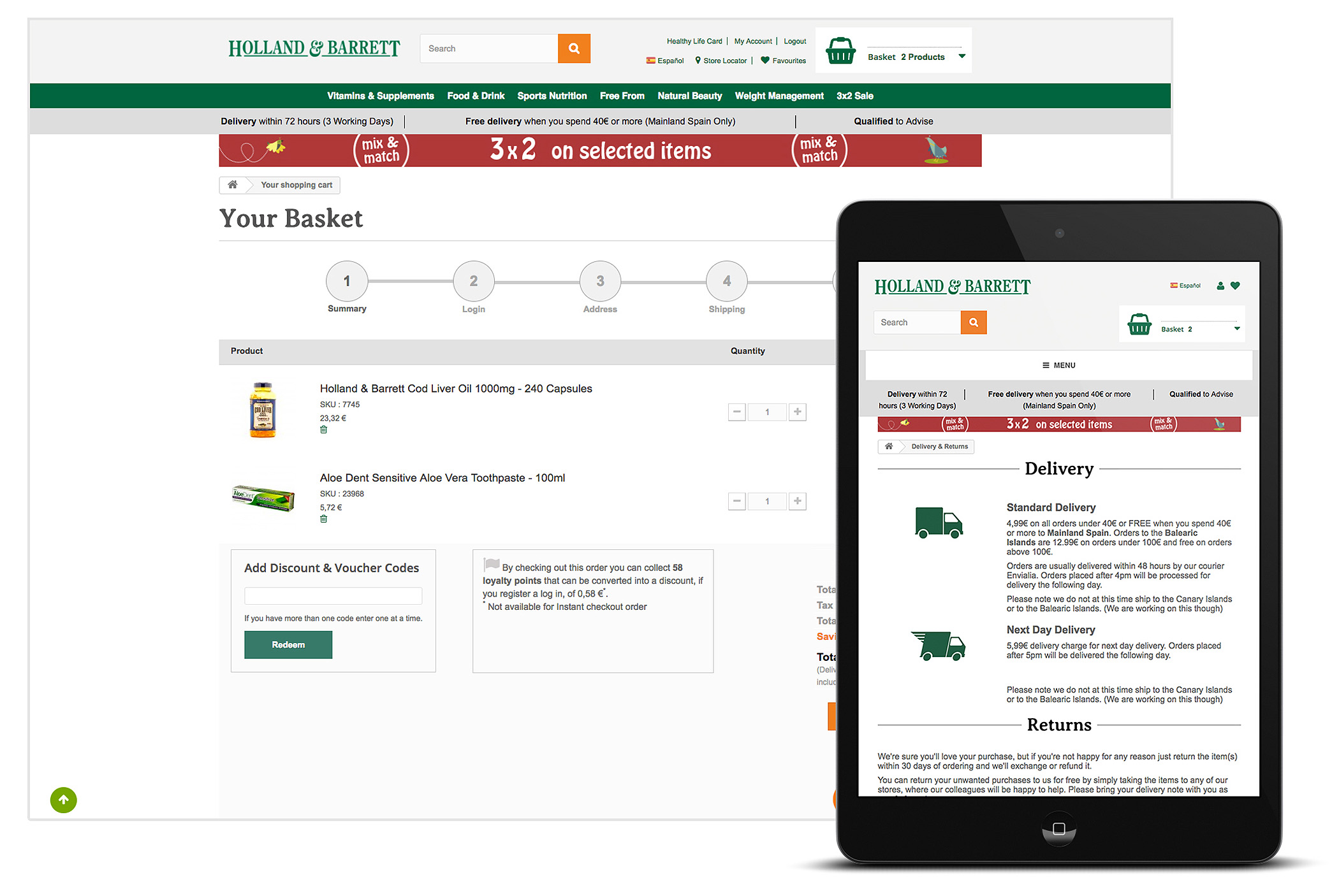
The use of a correctly structured database is essential for the survival and success of a
business in the current market. Technological advances provide useful tools for the
improvement of internal management, the optimisation of resources and the increase of
sales. In addition, these databases are ever more accessible to the budgets of small and
medium-sized businesses.
Customisation
Nowadays many companies operate in both local and international markets at the same
time. Due mainly to the advances in the digital era, the rise in e-commerce and the
disappearance of barriers towards international commerce, the expansion of markets out of
the local environment has never been simpler. The search for standardisation in business
processes whilst maintaining brand identity has been a constant concern for companies as
they grow. That said, there is a rising trend toward the customisation of what’s on offer
depending on the tastes and preferences of clients, because although the companies
operate in open and globalised markets, they also compete in local markets.

The personalisation of products and services to the specific tastes of the clients is becoming
a key factor for the success of a business in the 21st Century. A very good example of this
movement is McDonalds restaurants. McDonalds is without doubt the global leader in the
fast food restaurant sector. Its restaurants can be found in over 100 countries around the
world, with their brandname and business model being well-known worldwide.
Even though for many McDonalds is a clear example of the standardisation of processes,
brand and product image, the company has learnt how to customise its offering during its
global expansion in relation to its intended market. An example of this is the McCurry in
India, McKebab in Israel, McBaguette in France or the Greek Mc etc., just a few among
various dozens of recipes adapted to local tastes. The management of information, in this
case of the flavours and textures preferred by McDonalds clients, is essential for the success
of the fast food chain.

Databases as a solution
Technology giants such as Amazon, Facebook or Google are examples of companies that
have succeeded through the collection, study and effective use of data that is shared with
them by clients. These sorts of business practices have been called the analysis and use of
‘Big Data’. A detailed database which is well-structured adds value to a company offering
and increases the degree of sales conversion.
What does this mean to a small/medium sized business?
All written and archived documentation can and should be digitalised.
Client contact data, budgets, sales, projects or tasks, dates and times, income, costs, etc is
data that all companies handle but few are digitalising. If this data was compiled in one
place, its analysis and use could add value to processes and services.
Many companies are content with their corporate website or continue using Excel databases
and obsolete desktop software without online access. The main reason for which companies
like Amazon know perfectly when, how and to who they should show their products, is
because they program their databases so that they can optimise the final result. The
question that the business person is probably making at this point is if the technology is
really accessible to a small and medium-sized business. The response is loud and clear –
Yes! It all starts with a change in the way that business is conceived and information is
managed.
You are still in time to transform and improve your business.
-
Plan: Bring together all the written documentation from Excel, Word, PDF formats that you share with all your contacts in the company. This could be employees, providers, clients, etc.
-
Look for help: Concentrate on what you know how to do, most probably in the business activity of your company. Look for a company with understanding and verifiable experience in web systems and database management. They can facilitate the resources and will help you to structure and make the most of the collected data.
-
Create: Get that company to build you a customised database driven, web-based solution that does everything you need.
-
Be disciplined: The process might take time to process internally. The team must become familiar with feeding the new internal system, which requires discipline.
-
Be more effective: As the database grows, start to analyse and optimise internal processes. Let algorithms carry out repetitive tasks and concentrate your time and energy on improving your business.
By using the power of a good database and a custom built system you can really take your
business to another level.

By Piranha
For over 18 years Piranha have been developing database driven web-based solutions for
all types of businesses. Analysing the current setup and replacing excel, word and outlook
with one integrated custom built system that optimises time and effort. Piranha have built
custom solutions for the Port Authority, Government Departments, Hearts Football Club and
many local and international businesses.

